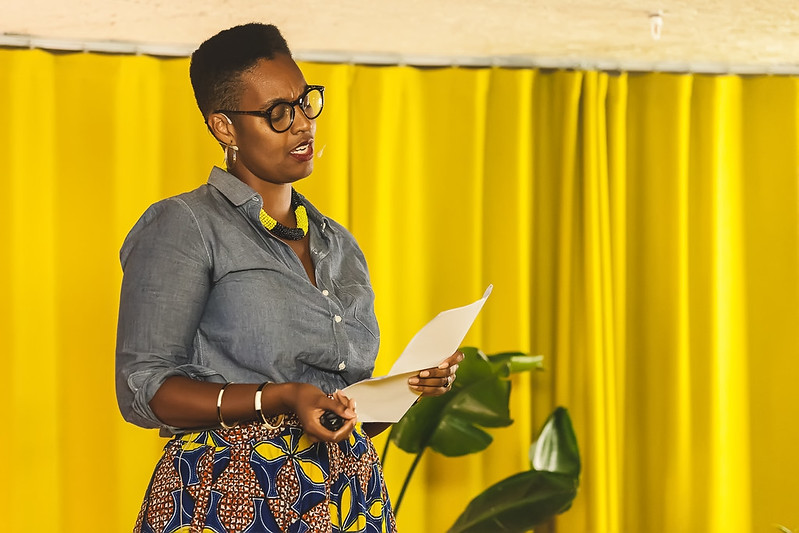Even clichés bear repeating sometimes: no industry has been left untouched by the effects of COVID-19. Though reading is by nature easily enjoyed in the solitary and socially-distant safety of one’s home, the business of publishing that shapes what we read has suffered from the abrupt end of live events, demise of office routines, and closure of non-essential retail.
Yet what might have been its death knell also offers a rare opportunity to reimagine publishing from the ground up, to weed out the systemic inequalities and exclusivity of a hugely competitive and in many ways outdated industry. It is from this starting point that the Society of Young Publishers’ Scotland Branch organised its 2021 conference, ‘Ctrl Alt Refresh’, a digital event designed for those hoping to work in the field and featuring an impressive roster of speakers, from booksellers to editors, publicists to festival organisers.
Opening with an address from keynote speaker Sharmaine Lovegrove, Publisher of Dialogue Books and founding organiser of the Black Writers’ Guild, the conference was quick to centre the need for a broader range of voices contributing to the discussions about which books get published. Particularly inspirational was Lovegrove’s detailed account of her path into publishing; having worked in bookshops, journalism, and marketing, the unconventional trajectory of her career and relatively late entrance into a major house testify the value of varied interests and transferable work experiences.
Drawing on her own experience, Lovegrove highlighted the importance of connecting with readers on the ground in order to understand their varied tastes and desire for diverse authors and narratives – noting how this grassroots communication filters up to those making commissioning and marketing decisions. Envisioning a future in which publishers care about their readers and the transformative power of books, not simply business minutiae, she remains optimistic about how our current challenges will change the industry for good.
As speakers throughout the conference were keen to emphasise, the challenges of an unprecedented pandemic where not entirely new, and in many ways merely compounded existing inequities. Indeed, going back to ‘normal’ might be a step in the wrong direction. Author and advocate Julie Farrell, for example, noted the increased accessibility of events and work opportunities for the disabled community through digitisation. Indeed, true to their word, the SYP have provided a remarkably accessible event, offering captions, visual descriptions, session recordings, and subsidised tickets for those who might otherwise be unable to attend live – options that events should undoubtedly preserve post-pandemic.
But there are still many areas for improvement. Entry-level jobs remain heavily based in London, highly competitive, and underpaid, which cuts off access to ‘regional’ and less privileged candidates. Likewise, half-hearted pushes for diversity risk tokenism and exploitation. As Dr Melanie Ramdarshan Bold warned, the lack of critical engagement with socially marginalised groups enables the performative appropriation of Black and brown culture for white consumers. What’s needed is a more holistic strategy beyond passive inclusivity reports, one that actively markets Black authors and dignifies Black readers.
The lessons are clear: while we shouldn’t erase the structural failings that have constrained publishing for so long, there is a real chance to ‘refresh’ and build a better future – one that dignifies the reader in everyone. Judging by the desire for change on display throughout the conference, if this is the next generation of publishing professionals, we’re on the right track.
Image depicts publisher Sharmaine Lovegrove speaking at an event
Image: Katie Underwood via Flickr

